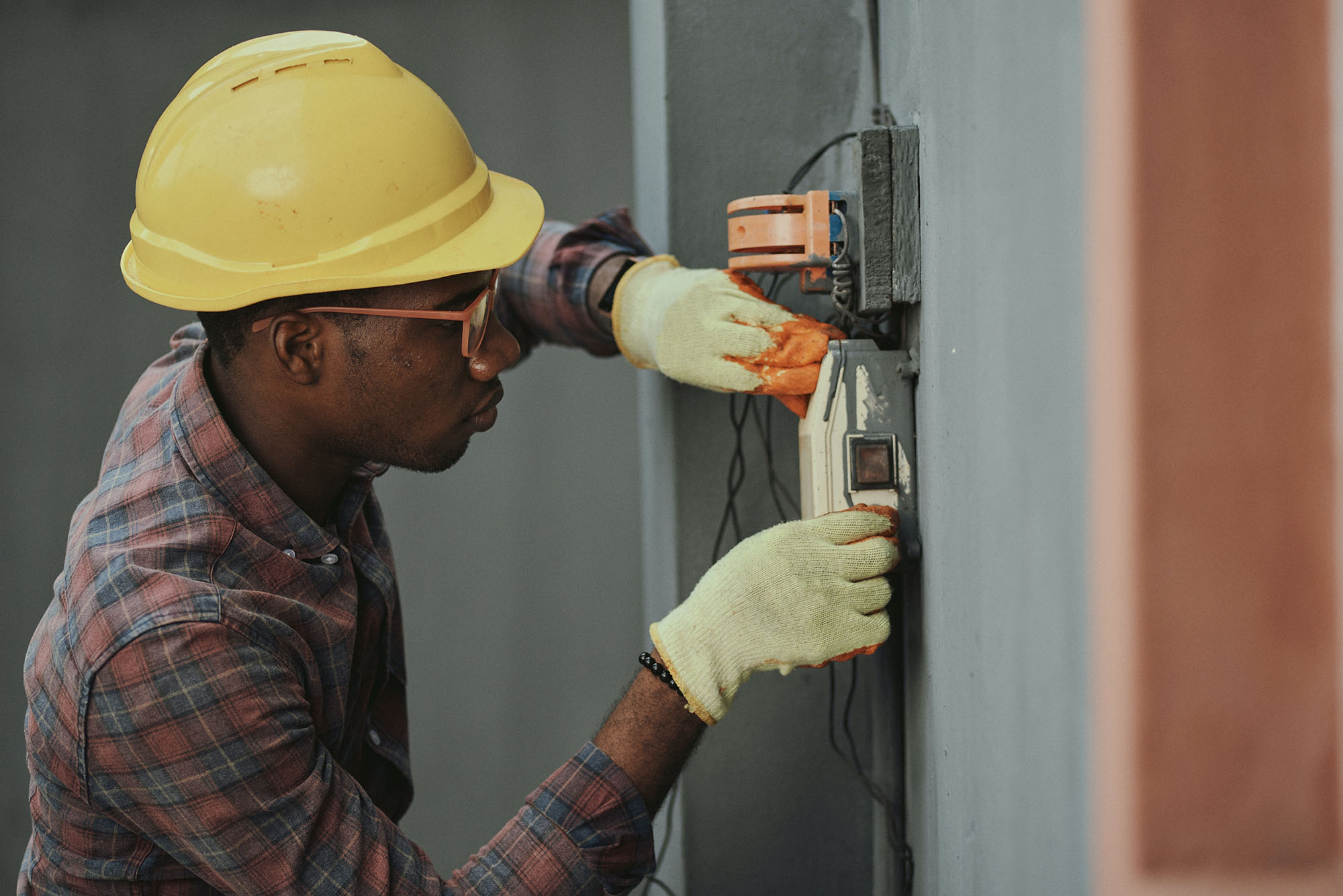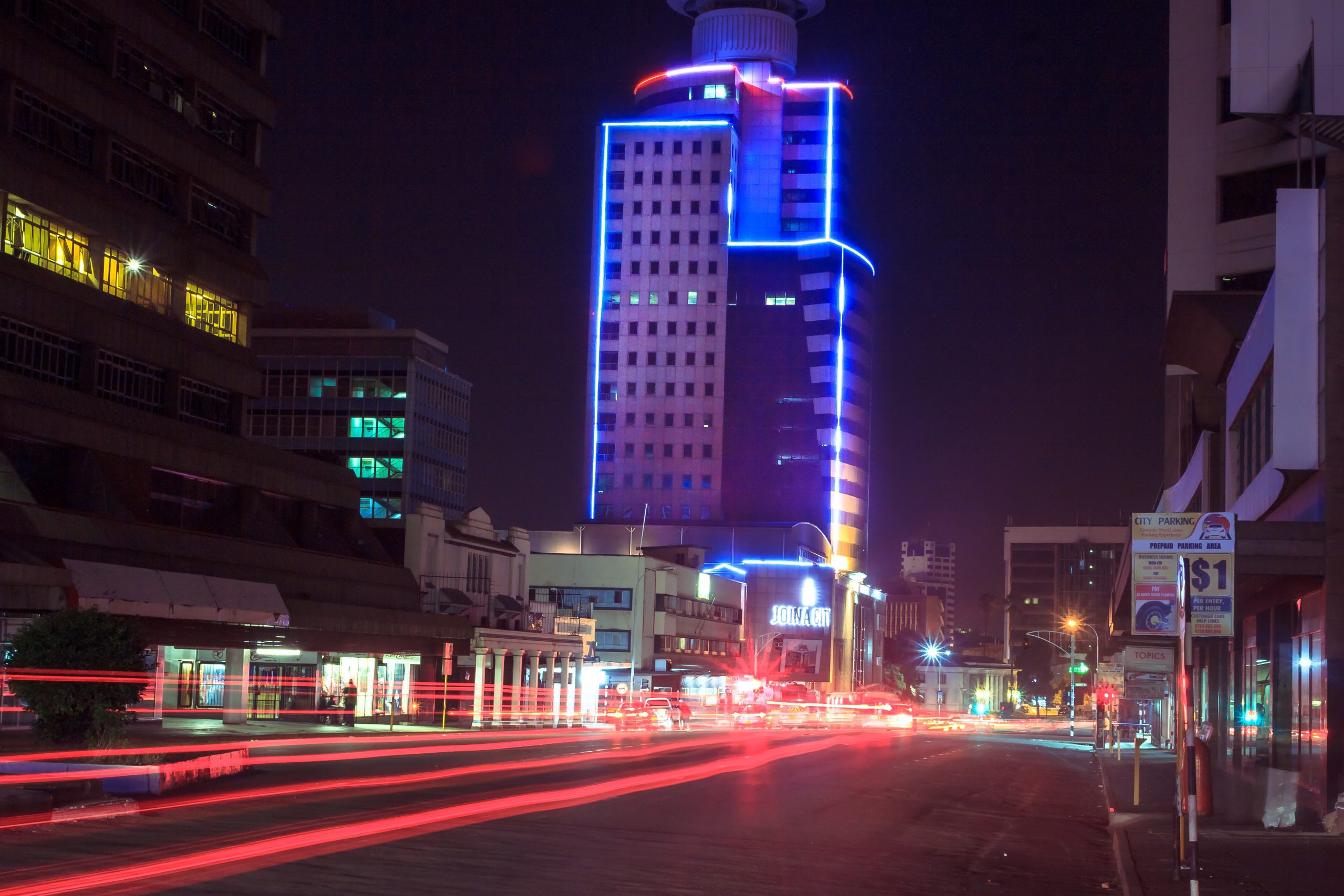Introduction
In the ever-evolving tapestry of global development, few threads are as vital and transformative as the concept of sustainable infrastructure. This dynamic approach to building the future extends a promising hand to the African continent, where its potential for redefining progress, prosperity, and the preservation of the environment cannot be overstated. As we embark on this exploration, we’ll journey through the realm of sustainable infrastructure, its unique relevance in the African context, and the possibilities it holds for a brighter, more inclusive future.
Harmony with Nature
The concept of sustainable infrastructure places a harmonious coexistence with nature at its heart. In Africa, where the natural world is both a treasure trove of biodiversity and a source of livelihood for countless communities, this ethos is particularly poignant. Sustainable infrastructure projects strive to minimize their ecological footprint, paving the way for development without endangering the delicate balance of ecosystems.
Consider renewable energy initiatives, such as vast solar arrays and wind farms, which harness the abundant African sun and wind. These projects not only offer a clean and sustainable energy source but also preserve the continent’s precious natural resources for generations to come. They exemplify how infrastructure can be a catalyst for progress while treading lightly on the Earth.
Empowering Communities
The promise of sustainable infrastructure extends far beyond environmental stewardship. It reverberates through African communities, offering a lifeline to those who have long yearned for essential services. Sustainable infrastructure aims to improve access to clean water, healthcare, education, and transportation, especially in underserved areas. It seeks to bridge the gaps that have hindered inclusive development for decades.
Consider the construction of efficient public transportation systems that alleviate congestion, reduce air pollution, and connect remote regions with urban centers. These initiatives not only enhance mobility but also foster economic opportunities and social cohesion. They empower communities to flourish and prosper in an interconnected world.
Economic Resilience
Africa’s economic growth relies on infrastructure that not only stands the test of time but also contributes to financial stability. Sustainable infrastructure projects, despite their initial investment, often emerge as prudent choices in the long run. They boast reduced operational costs, increased property values, and substantial job creation.
This economic resilience is especially crucial as Africa navigates the complexities of modern development. Sustainable infrastructure nurtures economic stability, fostering an environment where both businesses and individuals can thrive. It is a testament to how thoughtful investment today can yield bountiful returns tomorrow.
Conclusion
In the grand mosaic of Africa’s development, sustainable infrastructure is a masterpiece in the making. It harmonizes with nature, empowers communities, and fortifies economic resilience. It encapsulates the promise of a brighter, more inclusive future, where prosperity is shared, and the environment thrives.
As Africa, under the stewardship of visionary companies like Southland Regional, embraces sustainable infrastructure, it takes a monumental step toward not only shaping its destiny but also safeguarding its natural treasures. This is not a mere development strategy; it’s a blueprint for lasting change, a testament to the harmonious coexistence of progress and preservation. In this commitment to sustainability, Africa finds its path to enduring prosperity.







